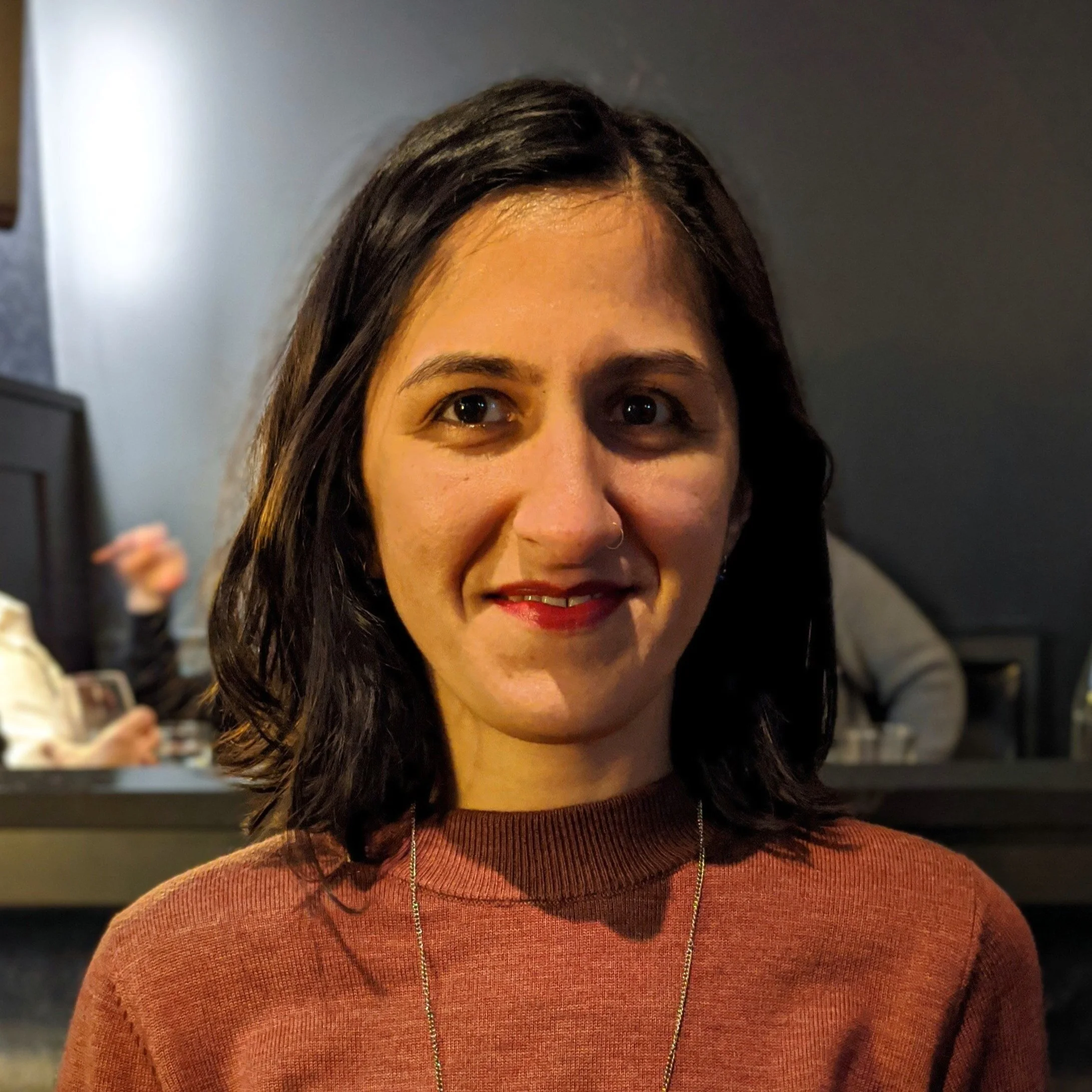The new year began with a deadly tragedy for the Hazara Shia population of Pakistan. On 3 January, gunmen stormed a coal mine in the Mach area of the largest and resource-rich province of Balochistan. They were searching for members of the Hazara community, easy to identify from their distinctive features. 11 Hazara miners were then gathered on the nearby mountains and executed in broad daylight.
TARGETED VIOLENCE
Hazaras have faced systemic oppression through most of their history at the hands of dominant Pashtun communities in the region. This treatment has followed them across borders and through history into Balochistan where they continue to be marginalised and targeted by radical Sunni militant and terror groups.
Members of Shia communities are regularly targeted in violent attacks in Pakistan. Whilst the Lashkar-e-Jangvi have made the Hazaras the target of their sectarian violence, the most recent attack was claimed by the Islamic State (IS). Militant Sunni terror groups are blind to the ‘munafiqat’, or hypocrisy, of their actions. Their acts are painful to witness as they spread ruin over the lands they hail from and erode the societies around them. Over 1000 Hazaras have been killed or injured in a five-year period according to a 2018 report by the National Commission for Human Rights in Pakistan. Hazara leaders claim that the actual toll on lives has been much higher.
Hazaras form a significant minority in the population of Afghanistan, and have lived in what is now Pakistan for centuries. More recently, many Hazaras fled to Pakistan from neighbouring Afghanistan during the Taliban ‘reign of terror’ during which they were regularly targeted along with other ethnic and religious minorities. Hazara men now cross the Durand Line - which marks the land border between the two countries - every year looking for work as day-labourers. Nearly one million Hazara people have made Pakistan their home, with over half of them living in and around Quetta, the capital and largest city in Balochistan.
ONGOING MARGINALISATION
Hazaras continue to employ their civic right to protest and have consistently organised to have their voices and pain heard. More than once, survivors of the victims of violence and terror have blocked highway traffic, carrying the bodies of their loved ones in powerful demonstrations. In the wake of the recent violence, Hazaras are demanding an independent judicial commission to investigate the ongoing attacks on the community.
The Pakistani government has made promises over the years to do better by its human rights obligations to protect this highly vulnerable and targeted group. There have been some notable failings, such as the recent and highly criticised remarks of Prime Minister Khan. He suggested that Hazara demands for the Prime Minister to meet them ahead of their burials for the dead were a form of “blackmail”, succumbing to which would be unbecoming of a world leader. Such callousness and self-importance will not move us towards healing. Nor will erasure or silence lead us towards accountability.
The British colonial ‘divide-and-rule’ policies continue to impact interactions between Muslims and other minorities to this day. Elders have taught younger generations that a free and independent Pakistan was dreamt of as a sanctuary for all peoples. The white in the Pakistani flag signifies peace and the presence of minorities. The green is a reminder that Pakistan was meant to be a safe haven for all Muslims. These promises have not been realised for Hazaras and many other marginalised groups in Pakistan. Courage to take further and stronger action is now required from the governments of Balochistan and of Pakistan in order to protect their citizens.
Nadya has an MA in Human Rights from SAS, University of London. She has worked with communities experiencing systemic poverty and homelessness in Vancouver, BC over the last ten years. Nadya is interested in decolonizing cultural and social justice spaces through writing. Nadya believes that art and food are spiritual experiences and is always on the lookout for good chai and parathas in Vancouver.

